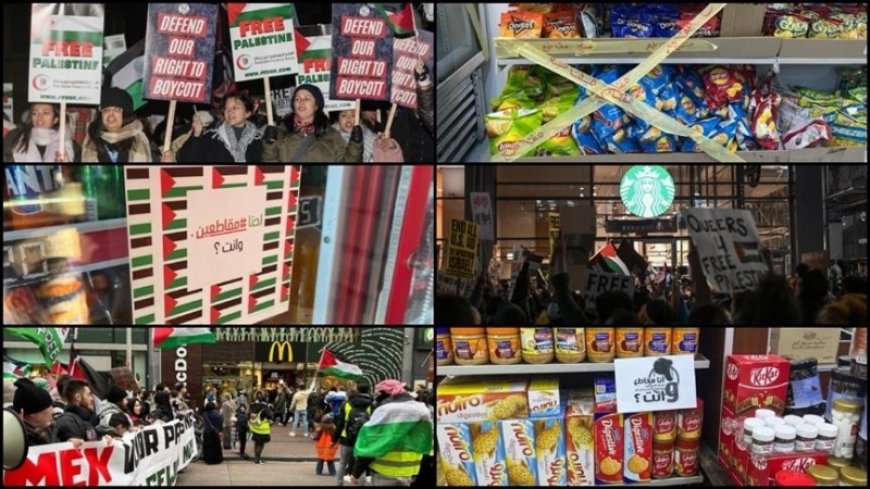The world's largest investment fund has imposed sanctions on an Israeli company
The largest of its kind worldwide, the Norwegian sovereign wealth fund, has sanctions on an Israeli company, Bizek, for its participation in supplying communication services to colonies in the occupied Palestinian territory in a daring action that has resonated around international investment circles. This extraordinary ruling represents a turning point in making companies answerable for their part in funding acts judged illegal under international law.

The largest of its kind worldwide, the Norwegian sovereign wealth fund, has sanctions on an Israeli company, Bizek, for its participation in supplying communication services to colonies in the occupied Palestinian territory in a daring action that has resonated around international investment circles. This extraordinary ruling represents a turning point in making companies answerable for their part in funding acts judged illegal under international law.
The ethics board of the fund identified well-known Israeli telecom company Bizek after looking over its activities. The new ethical guidelines of the board mandate that investments in businesses supporting the policies of the Israeli government in the occupied Palestinian territory shall be stopped. This covers businesses that help to expand settlements generally considered as unlawful under international law.
The choice results from the dedication of the Norwegian wealth fund to ethical investment guidelines that give human rights and international law top priority. Fund rules state that companies helping unlawful settlement growth—against UN Security Council Resolution 2334 approved in December 2016—are liable for sanctions. Recognizing the settlements as a breach of the Fourth Geneva Convention, Resolution 2334 calls an immediate stop to Israeli settlement building. This resolution emphasizes the general worldwide agreement that East Jerusalem and West Bank settlements are illegal and impede efforts at peace.
For years, the question of Israeli settlements has spurred fierce worldwide discussion. Many believe that reaching a two-state solution to the Israeli-Palestinian issue is seriously hampered by the settlements, which are inhabited by Israeli people in Palestinian territory. With more than 700,000 people living in the occupied West Bank, a 2023 study by the United Nations Office for the Coordination of Humanitarian Affairs (OCHA) revealed that the number of settlers there grew by over 20% during the past ten years.
The choice of the Norwegian fund to sell out Bizek contributes to the increasing trend of financial institutions separating themselves from businesses engaged in actions violating international law. Given ethical investing's growing popularity among both personal and institutional investors, this action puts pressure on other institutional investors to review their portfolios. Valued at more than $1.4 trillion, the fund has great influence on world markets and its activities may set a standard for other big players to follow.
This change in investment strategy coincides with growing examination of the spread of the Israeli settlement. Numerous human rights organizations including the United Nations have constantly demanded responsibility and a stop to the settlement efforts. Israel's response to this mounting worldwide censure has been rebellious; certain government officials have attacked the worldwide community's engagement in internal Israeli policies. But the application of sanctions by a strong financial institution such as the Norwegian sovereign wealth fund makes it abundantly evident that companies and governments both have to answer for their deeds.
Human rights advocates and pro-Palestinian organizations applaud the Norwegian fund's choice, but it also begs concerns about the wider consequences for foreign investments in areas with politically heated conflicts. Should more sovereign wealth funds and big financial institutions adopt Norway's model, it might change how businesses interact in areas with disputed legal and political standing. Moreover, such actions could affect public opinion, which forces governments to rethink their foreign policy, particularly in connection to the Israeli-Palestinian issue.
Finally, the choice of the Norwegian sovereign wealth fund to stop funding Israeli settlements from Bizek marks a turning point at the junction of money, human rights, and international law. It makes apparent that ethical investing is a potent weapon in the worldwide struggle for justice rather than only a trend. While other institutions assess their own ethical systems, the financial sector might soon find additional responsibility for businesses profiting from infringement of human rights. This trend is moral as well as a financial one that might affect the course of the Israeli-Palestinian conflict and more general global investment policies.













































